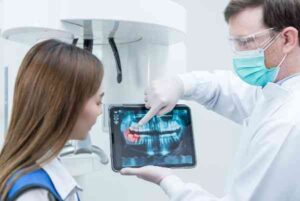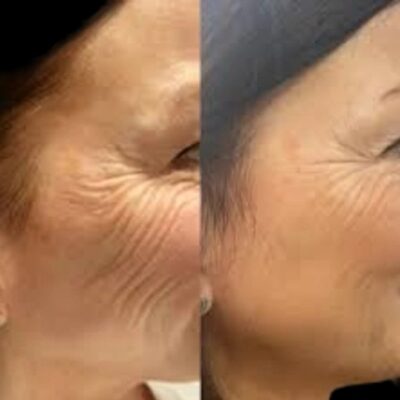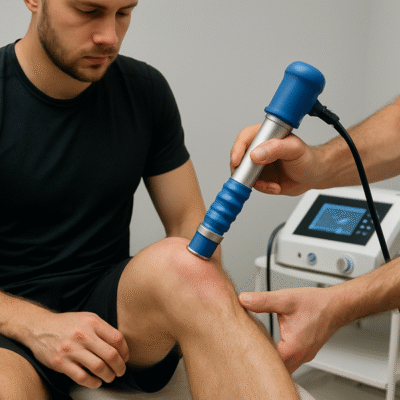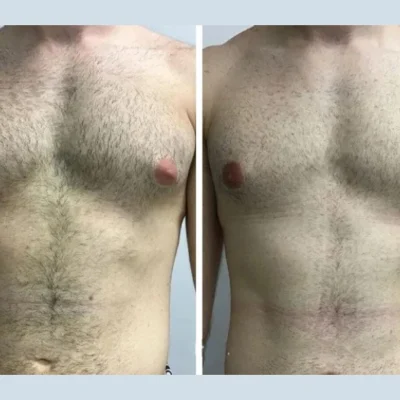Let’s face it — few people leap out of bed looking forward to a dental hygiene appointment. But what if we told you that a routine visit could spare you from discomfort, prevent costly treatments, and even help you avoid a late-night dash to an emergency dentist in Wisbech? Suddenly, it doesn’t sound so bad.
Whether it’s your first hygiene check or it’s been a while since your last, knowing what to expect can make the experience smoother and far more worthwhile. A professional hygiene visit in Wisbech isn’t just about clean teeth — it’s about protecting your smile, your health, and your peace of mind for the long haul.
Why See a Hygienist in Wisbech?
Before we break down the appointment itself, it’s worth understanding why seeing a hygienist in Wisbech matters:

- Early detection of problems
- Plaque and tartar removal that brushing can’t match
- Healthier gums and fresher breath
- Personalised advice on brushing, flossing, and diet
- Less chance of needing emergency dental care later
Hygienists don’t just clean teeth. They form the first line of defence against gum disease, decay, and even serious health issues like heart disease, which has been linked to poor oral hygiene.
Step-by-Step: Your Hygiene Appointment Explained
Here’s what typically happens when you arrive for your professional dental hygiene visit in Wisbech.
1. Medical History Review
Your hygienist will start by updating your records. This includes:
- Medications you’re taking
- Any changes in your health (like pregnancy or diabetes)
- Recent dental concerns
Why? Because medical conditions and medications can affect your gum health or how you respond to treatment.
2. Initial Assessment of Gums and Teeth
Next, your hygienist in Wisbech will:
- Check for plaque, tartar, and inflammation
- Measure the depth of the pockets between your gums and teeth
- Note areas of bleeding or gum recession
This isn’t just about appearance — these checks detect early signs of gum disease (also known as gingivitis or periodontitis).
3. Deep Cleaning (Scaling and Polishing)
Here’s the part most patients associate with hygiene visits:
|
Cleaning Stage |
Purpose |
| Scaling | Removes hardened plaque (calculus/tartar) above and below the gum line |
| Polishing | Buffs away stains and smoothens the tooth surface |
| Air polishing (optional) | Uses a fine jet of water, air, and powder to remove stains gently |
This isn’t just about looks — removing tartar and bacteria prevents infection and future damage.
4. Oral Health Education
Every mouth is different. Your hygienist will give personalised tips like:
- How to angle your toothbrush properly
- Whether you should switch to an electric brush
- Best flossing or interdental brushing techniques
- Advice for dry mouth, sensitive teeth, or braces
You might also get dietary guidance — for example, limiting acidic snacks or sipping water after coffee to protect enamel.
Do Hygiene Visits Prevent Emergencies?
Many dental emergencies stem from problems that build up slowly. By catching issues early (or preventing them altogether), regular hygiene visits reduce your chances of urgently needing an emergency dentist in Wisbech.
Signs You’re Overdue for a Hygiene Visit
You don’t need to wait for pain to know it’s time for a hygiene visit. Certain warning signs indicate that your oral health may be at risk and that it’s time to see a hygienist in Wisbech. Persistent bad breath, bleeding when brushing or flossing, and gums that appear red or swollen are all early signs of gum disease. If your teeth look longer than usual, it could be due to gum recession. Visible or noticeable tartar build-up behind your lower front teeth and increased sensitivity or loose teeth are also red flags. Catching these symptoms early with a professional cleaning can prevent more serious dental problems down the line.
How Often Should You See a Hygienist?
While the general recommendation is to see a hygienist every six months, this isn’t a one-size-fits-all rule. Some individuals may need more frequent visits depending on their oral and overall health. If you smoke, have diabetes, are pregnant, wear braces or dentures, or have a history of gum disease, more regular hygiene appointments can help prevent complications and maintain optimal oral health. Your hygienist in Wisbech will assess your specific needs and customise a visit schedule that best supports your long-term dental wellbeing.
Nervous About the Visit?
You’re not alone. Many patients feel anxious, especially if it’s been a while. Here’s what helps:
- Let your hygienist know — they’ll go at your pace
- Ask about numbing gel or desensitising treatments
- Bring headphones to distract yourself
- Schedule shorter appointments more often to build comfort
Modern hygiene visits are more comfortable than ever. Tools have become quieter, less invasive, and more effective.
Hygiene Visit FAQs
Is it painful?
Mild discomfort is possible, especially if there’s a lot of buildup or gum inflammation. But your hygienist can adjust techniques and use numbing gel if needed.
Can a hygienist diagnose cavities?
They can spot signs of decay, but diagnosis and treatment planning are typically done by your dentist.
Will my teeth look whiter?
Yes — many patients notice an immediate brightness after stain removal and polishing.
What Should You Bring to Your Appointment?
Coming prepared can make your hygiene visit more efficient. Be sure to bring:
- A list of any medications you’re taking
- Information about recent medical conditions or changes
- Your dental insurance details, if applicable
- Any oral health concerns or questions you’ve had recently
Being open about your health helps your hygienist in Wisbech tailor the visit to your needs and spot any risk factors early.
How Hygiene Visits Benefit Your Whole Body
Hygiene visits do more than keep your teeth clean—they play a vital role in supporting your overall health. Poor oral hygiene has been linked to serious conditions such as heart disease, complications from diabetes, respiratory infections, and even low birth weight in newborns. Bacteria from gum disease can enter the bloodstream, triggering inflammation in other parts of the body. By maintaining regular appointments with a hygienist in Wisbech, you’re not only preventing dental issues but also helping to safeguard your general well-being. A healthy mouth truly contributes to a healthier body.
Can Hygiene Visits Help You Avoid an Emergency Dentist in Wisbech?
Absolutely. Many dental emergencies stem from issues that could have been prevented with routine care, like infections, advanced gum disease, or undetected decay. Regular appointments with your hygienist in Wisbech allow early detection and treatment before problems spiral. This means fewer surprises, less pain, and a lower chance of needing an emergency dentist in Wisbech at short notice.
Prevention is always easier — and far more comfortable — than cure.

Conclusion: Trusted Care Starts with EDA Group
Prevention is always better than a cure — and when it comes to oral health, that starts with regular hygiene visits. If you want to keep your smile clean, your breath fresh, and avoid future dental emergencies, consistent care makes all the difference. Whether you’re due for a check-up or it’s been years, now is the perfect time to act. For expert, compassionate support, the EDA Group in Wisbech is here to help you stay on top of your dental health with ease and confidence. Book today.



